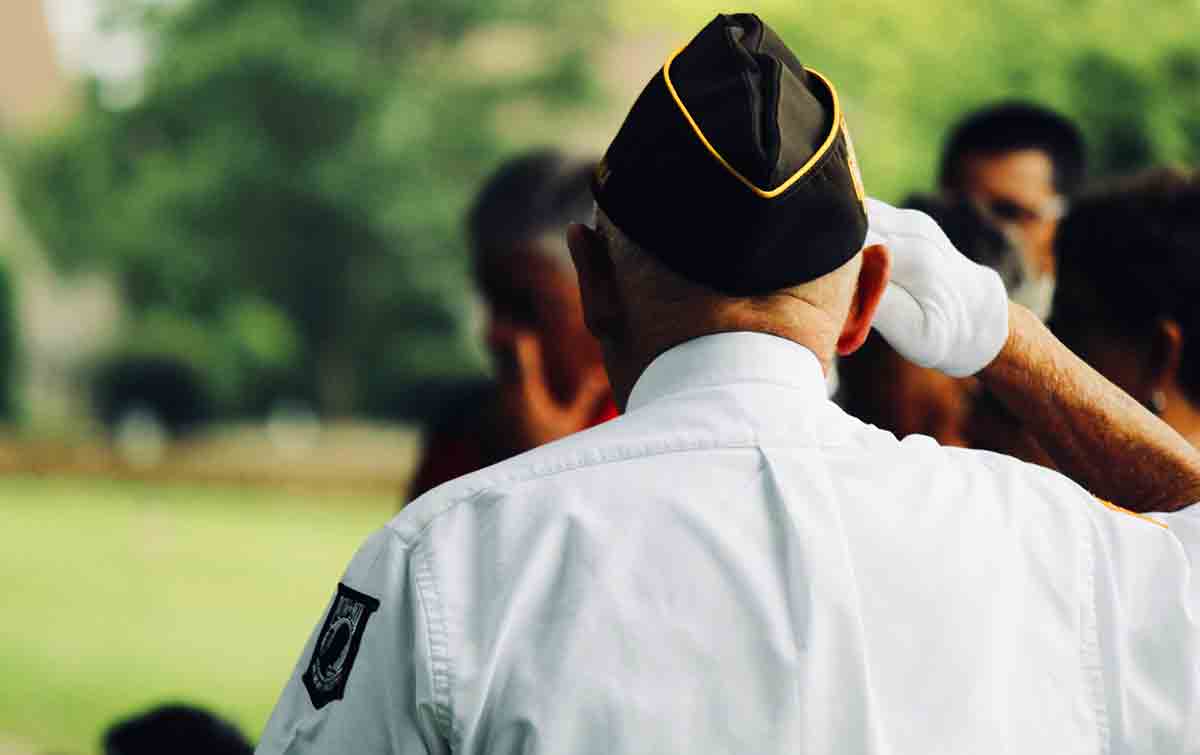According to the US Census Bureau, there are currently over 17 million veterans living in America today. No matter which branch of the military served, veterans contribute to the life, liberty and freedom of this nation. Regrettably, most of them paid a hefty price for their service to the nation. While not all veterans step away from military service with health issues, there is an increasing concern about veteran health and wellbeing.
What’s more, there are rising concerns about veterans receiving the proper care they deserve. As a result, many veterans and their loved ones are seeking alternatives to traditional solutions such as going to the VA (Veterans Affairs) hospital. With this in mind, here are some top health concerns veterans are facing and some solutions that can help them experience a better quality of life.
Addiction and Veterans
According to the Substance Abuse and Mental Health Services Administration (SAMHSA), over 1 in 15 veterans struggle with addiction. In fact, substance abuse is the leading health crisis among veterans in the US. There are many reasons for this, but most researchers agree that addiction among veterans is often a means of self-medicating.
After service, veterans often experience depression, ongoing emotional trauma or internal conflict. At the least, many former military men and women struggle to compromise and adapt to civilian life after their term in service. Therefore, many veterans reach for external substances to escape or avoid dealing with these issues.
A proven solution to this destructive behavior is seeking help from a veteran rehabilitation center. Rehabilitation for veterans is a life-saving way for former soldiers to receive the treatment they desperately need and deserve. Furthermore, veteran rehab centers can equip men and women with tailored treatment as well as provide long-term coping strategies unique to their situation. In essence, rehabilitation for veterans can potentially facilitate healing, and give them a new way of living life without substances.
Post Traumatic Stress Disorder
During the First World War, a term known as “shell shock” was used to describe long-term trauma and psychological disturbances contracted through combat-related events, or highly stressful situations common when serving in the military. Today, this is known as post traumatic stress disorder, or PTSD. Symptoms of PTSD include experiencing flashbacks of traumatic episodes during service, anger, depression, insomnia, and other side effects.
Veterans and their loved ones can start coping with PTSD by acknowledging it is a medically valid condition, and deserves attention. This can help veterans understand that they are dealing with a real medical issue, and it’s not something to be ignored.
Once acknowledged, many veterans claim that talking about their experiences in the military with their brothers-in-arms (others who have served) has been cathartic and healing. Furthermore, veterans who openly talk to their peers about their challenges in adapting to civilian life while living with PTSD have claimed immense breakthroughs. Therefore, it’s strongly encouraged that veterans seek solid support groups with other veterans where they can share their journey in a safe place with others who can relate.
Chronic Pain
Regardless if a veteran has served in active combat, or worked their military time in an office – chronic pain is a consistent complaint and a big concern among retired military workers. From boot camp, ongoing physical training, military exercises, combat or repetitive movement – accidents and injuries are an inevitability for many veterans. The first step to improving a veteran’s quality of life if they suffer from ongoing pain is to get a proper medical diagnosis.
Once the source of the pain is identified, a solid plan of action is to obtain regular physical or occupational therapy. Some solutions that are proven to help with chronic pain include regular stretching, mild exercise, adopting a healthy diet and drinking plenty of water. Therapeutic stretching such as yoga can be particularly helpful in increasing mobility. In fact, yoga is even known to help strengthen and repair old tissue damage. Swimming is also an effective activity and can be extremely healing while not introducing excessive strain or additional pressure on painful joints or injury sites.
Take a Full-View to Veteran Health
In conclusion, you may have seen a pattern in these top health concerns for veterans. In many cases, veterans experience emotional or physical triggers that could often manifest into the leading concern for veterans which is substance abuse. That’s why it’s imperative to take a holistic, full-spectrum approach when helping veterans live a full and healthy life. It’s important for veterans to get a full assessment of their condition and move forward with a plan of action so they can enjoy the freedoms they fought and worked so hard for during their military service.





